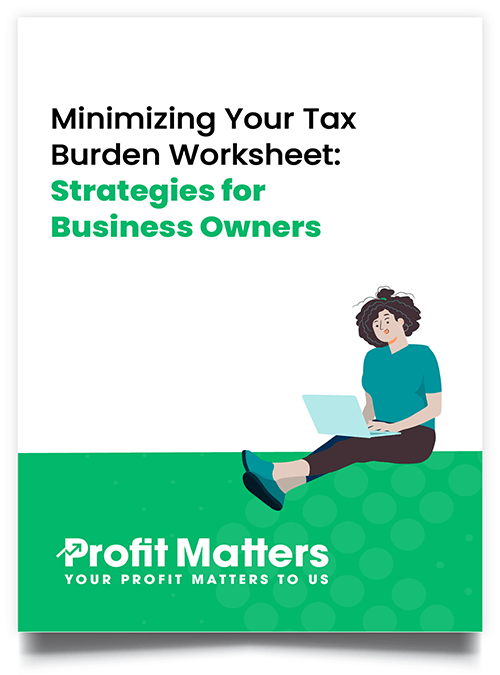Truth be told, some of the most experienced bookkeepers come with big-budgets while it is almost a guarantee that a less experienced one may be affordable.
But perhaps you don’t even think experience matters that much as long as the job gets done, right?
The thing is, experience is as important as the knowledge gained in a bookkeeping class; And even with that, there have been arguments about one of the two being of greater importance than the other. However, for now, we’ll not generate this article into a debate but a simple guide on the importance of work experience in the bookkeeping field.
The truth is that an experienced bookkeeper can be one of the biggest assets to any business.
Allow me to explain using the three points below…
With Experience Comes Refinement
That’s right – the most polished bookkeepers are certainly very experienced. This is not to say that those with lesser experience are not worth your time.
However, working with a bookkeeper who has not been exposed to a range of accounting and bookkeeping issues can sometimes be quite costly yet lesser rewarding to the business. Consider engaging a bookkeeper who has worked on multiples projects and not necessarily based on the number of years they’ve cumulatively worked.
 They say it is better to hire someone with five years of experience working on various work environments than an individual who has 10 years of experience working with one client. Unlike the former, the latter is said to have one year of work experience repeated ten times. Whether that is true or not, is a matter of how you look at it but, in the end, the more the diverse a bookkeeper is, the more likely they will be able to handle most challenges they come across.
They say it is better to hire someone with five years of experience working on various work environments than an individual who has 10 years of experience working with one client. Unlike the former, the latter is said to have one year of work experience repeated ten times. Whether that is true or not, is a matter of how you look at it but, in the end, the more the diverse a bookkeeper is, the more likely they will be able to handle most challenges they come across.
Experience Amounts to Assurance
As much as no one was born with expertise in a certain area, in bookkeeping, you simply can’t afford to leave that to chance. This is an area that is characterized by complex business processes analysis which if not handled by the right individual, can yield very unreliable results.
Imagine relying on a less experienced bookkeeper to put together statements to be used to apply for a line of credit and then ending up being denied simply because one or two things don’t make sense to the financiers.
Bookkeeping requires one to possess key analytical skills, data entry skills, have a keen eye for detail, good communication skills, and an understanding of the bigger picture; to be very straight with you, you’re unlikely to find a mix of all these in an inexperienced bookkeeper. Just like a pilot accumulates flight hours which determines their rank level, it takes a bookkeeper time to build such a skill set.
Experienced Bookkeepers Have A History Trail
It goes without saying that businesses engage hires that have a traceable history – this is quite important in the sense that it helps you make follow-ups to ensure that you’re engaging the best fit for the position in question.
Bookkeepers who have been working for a while usually have a ton of clients who are willing to vouch for their skills. But someone with little to no experience may not have much of a history to back up his/her resume. This can make it difficult to gauge whether they will deliver when engaged.
There you have, I hope you learned a thing or two about the importance of experience in the bookkeeping field.
Now over to you…
Have you tried working with a less experienced bookkeeper? What was your experience? Would you do it all over again?
Let us hear about your thoughts and comments below.



